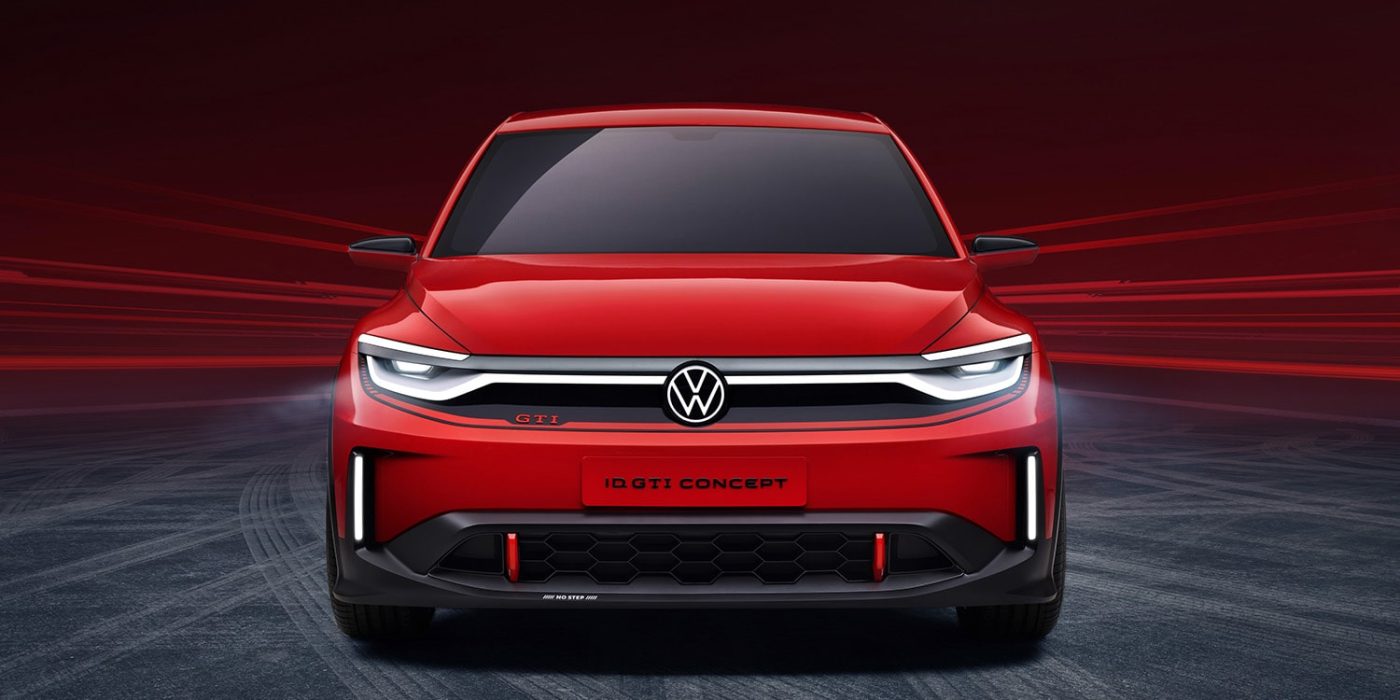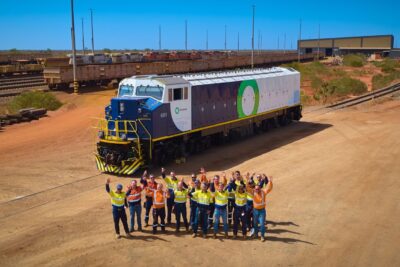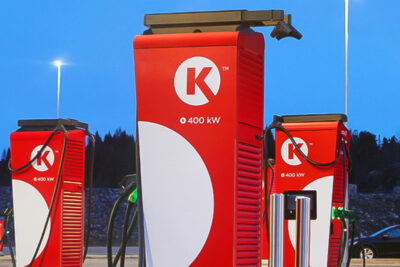VW to postpone ID. Golf launch until 2029
According to the German publication Manager Magazin, this applies in particular to VW’s vehicle models, but also to Audi in some cases. The volume models based on SSP would therefore not go on sale before 2029. Specifically, the decision is said to have been made by the Group Board of Management on 2 July, according to the magazine. While the next Golf generation based on the SSP is “only” to be postponed by 15 months, a large electric SUV called the T-Sport will not be launched until 2031 according to the report – three years after the initial plan.
The successor to the ID.4 is also said to have been postponed by 15 months, just like the compact ID. Golf has been postponed by 15 months. The premiere of this model is now also scheduled for 2029, but presumably later in the year than the ID. Golf. This is according to the Handelsblatt newspaper, which also confirmed the information from Manager Magazin. It is not clear whether there are two sources for this or whether the informants from company circles are coincidentally identical.
Although the alleged postponement has not yet been confirmed by VW, it would be a significant setback for Group CEO Oliver Blume and VW brand boss Thomas Schäfer. Schäfer had only confirmed at an event at the beginning of June that the SSP would be launched in 2028. It is not yet clear whether the entire platform will be delayed or just variants for individual segments – according to earlier announcements, the SSP is to become the standardised electric platform for numerous Group models in a wide range of size classes. Schäfer had spoken of “probably” 2028. However, if the Executive Board decides or has to decide on a different timetable just a few weeks later, this is not a good sign.
According to Manager Magazin, there are several reasons for the postponement. One of them is all too well known at VW: the software. The SSP vehicles are to use the so-called E3 2.0 from the VW software unit Cariad. “However, the architecture is so late that the models would have to be launched on the market at very tight intervals. This would not work, according to the Group. A number of models would have to be pushed back considerably in some cases,” the report states.
For a long time, the E3 2.0 was supposed to be an in-house development by Cariad. However, since the cooperation agreement between VW and Rivian was signed at the end of June, this is likely to have changed: Because at that time, there was talk in a document that the SSP would use an “Adapted E/E Architecture” from the end of the decade, before switching to the new architecture developed by VW and Rivian in the early 2030s. However, it is not yet known exactly what the “Adapted E/E Architecture” will look like.
There are also plans for the Group’s other hardware platforms: in order to keep the electric model range fresh until the (already delayed) launch of the SSP, the current MEB is also being further developed into the MEB+. The first MEB+ models are due to arrive in 2026. “If such an investment is to pay off, the financiers argue, it must run longer than previously planned. The SSP models would therefore have to be deployed for the first time later,” Manager Magazin wrote.
The article primarily mentions a delay in the ID. Golf model. It is therefore still possible that other SSP models such as the Trinity from Zwickau will still make their debut in 2028, albeit possibly in smaller numbers. However, according to the new information, the volume rollout of the SSP will not take place until 2029.
This will not only have an impact on Group production but also on sales, of course. On 1 July, a new Board Member for Sales, Martin Sander, started at VW. His main task will be to sell more electric cars. If the supposedly more attractive models on the new SSP come later, Sander’s job will not get any easier.
manager-magazin.de, handelsblatt.com (both in German)





0 Comments